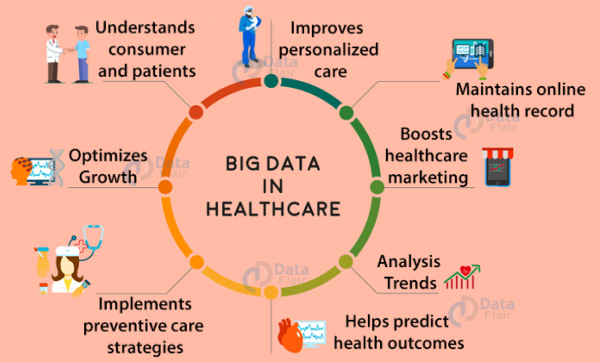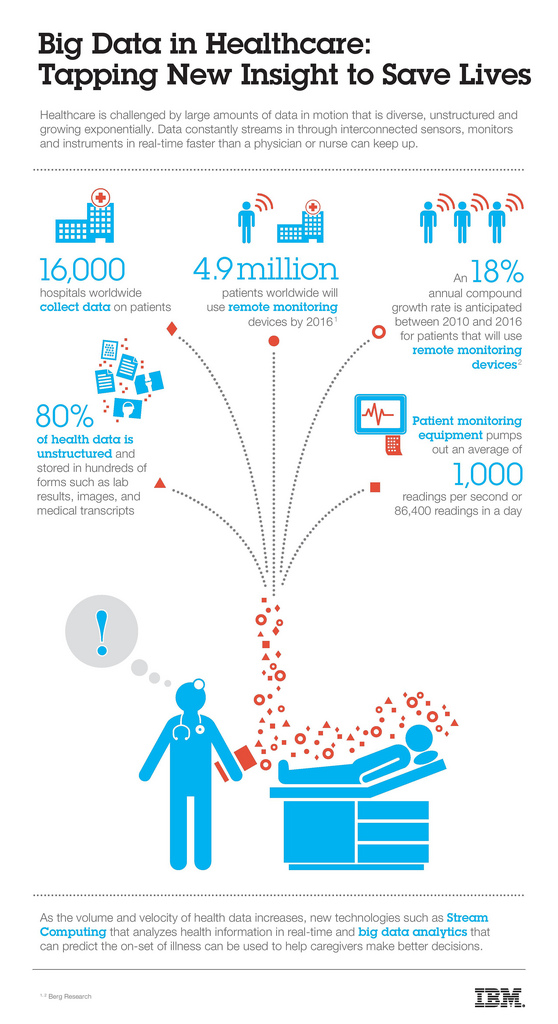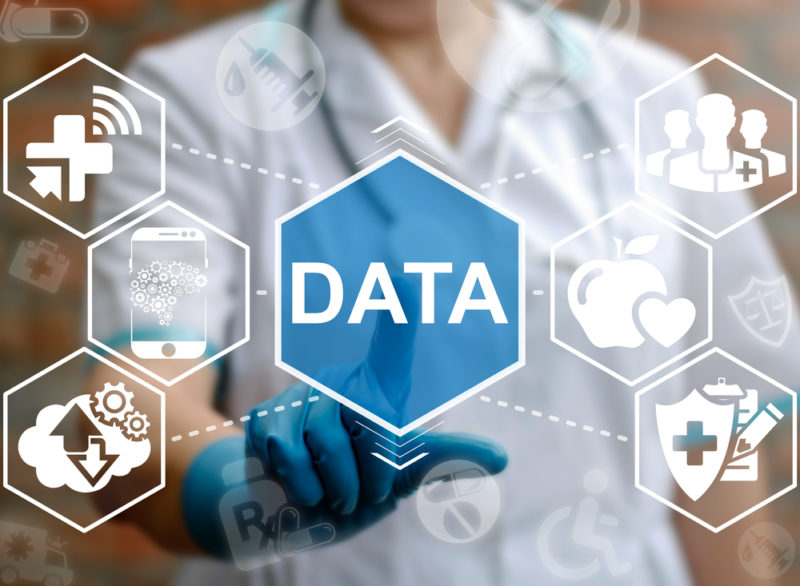

Xhafa is a member of IEEE Communications Society, IEEE Systems, Man & Cybernetics Society and Founder Member of Emerging Technical Subcommittee of Internet of Things. He is founder and Editor-In-Chief of Internet of Things - Journal - Elsevier (Scopus and Clarivate WoS Science Citation Index) and of International Journal of Grid and Utility Computing, (Emerging Sources Citation Index), and AE/EB Member of several indexed Int'l Journals. Xhafa has an extensive editorial service. He has been awarded teaching and research merits by the Spanish Ministry of Science and Education, by IEEE conferences and best paper awards.

Xhafa has widely published in peer reviewed international journals, conferences/workshops, book chapters, edited books and proceedings in the field (H-index 55). He was a Distinguished Guest Professor at Hubei University of Technology, China, for the duration of three years (2016-2019). He was a Visiting Professor at the University of Surrey, UK (2019/2020), Visiting Professor at the Birkbeck College, University of London, UK (2009/2010) and a Research Associate at Drexel University, Philadelphia, USA (2004/2005). He has held various tenured and visiting professorship positions.
#Big data health informatics full#
Machine learning in precision medicineįatos Xhafa, PhD in Computer Science, is Full Professor at the Technical University of Catalonia (UPC), Barcelona, Spain. A review of deep learning models for medical diagnosisĢ3.

An ensemble classifier approach for thyroid disease diagnosis using the AdaBoostM algorithmĢ2. A novel approach for securing e-health application in a cloud environmentĢ1. A blockchain solution for the privacy of patients' medical dataĢ0. Integer period discrete Fourier transform-based algorithm for the identification of tandem repeats in the DNA sequencesġ9. Performance evaluation of fractal features toward seizure detection from electroencephalogram signalsġ8. Prediction of leukemia by classification and clustering techniquesġ7. Applications of blockchain technology in smart healthcare: An overviewġ6.

Interpretable semi-supervised classifier for predicting cancer stagesġ5. Machine learning for optimizing healthcare resourcesġ4. An entropy-based hybrid feature selection approach for medical datasetsġ3. Machine learning in expert systems for disease diagnostics in human healthcareġ2. An ensemble approach for evaluating the cognitive performance of human population at high altitudeġ1. A review of deep learning approaches in glove-based gesture classificationġ0.
#Big data health informatics skin#
Edge detection-based segmentation for detecting skin lesionsĩ. Machine learning-enabled Internet of Things for medical informaticsĨ. Estimating the respiratory rate from ECG and PPG using machine learning techniquesħ. Cross color dominant deep autoencoder for quality enhancement of laparoscopic video: A hybrid deep learning and range-domain filtering-based approachĦ. Skull stripping and tumor detection using 3D U-Netĥ. Machine learning vulnerability in medical imagingĤ. Geolocation-aware IoT and cloud-fog-based solutions for healthcareģ. Predictive analytics and machine learning for medical informatics: A survey of tasks and techniquesĢ. In addition, it can also be used as a reference book for both undergraduate and graduate courses such as medical informatics, machine learning, big data, and IoT. This volume can be used as a reference book for scientists, researchers, practitioners, and academicians working in the field of intelligent medical informatics. It also emphasizes on the privacy preservation techniques of medical data. Thus, this book focuses on the usability of machine learning, big data, and IOT-based techniques in handling structured and unstructured data. In the medical field, the structure of data is equally important for accurate predictive analytics due to heterogeneity of data such as ECG data, X-ray data, and image data. In medical informatics, machine learning, big data, and IOT-based techniques play a significant role in disease diagnosis and its prediction. Machine Learning, Big Data, and IoT for Medical Informatics focuses on the latest techniques adopted in the field of medical informatics.


 0 kommentar(er)
0 kommentar(er)
